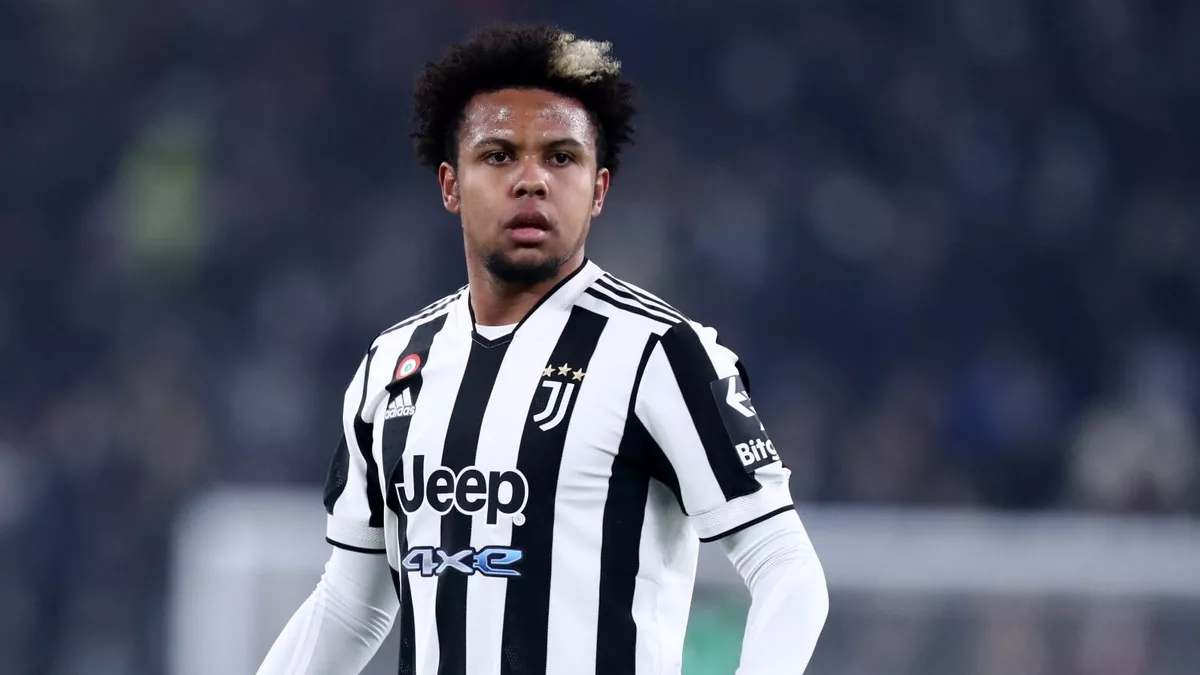Football, often lauded as the world`s most beautiful game, a universal language capable of uniting nations and transcending cultural divides, occasionally reveals an uglier truth. Beneath the dazzling skills and passionate chants, a insidious problem persists: racial abuse. This shadow recently fell upon Weston McKennie, the dynamic United States men`s national team midfielder, who found himself once again targeted by discriminatory remarks following Juventus`s 2-0 victory against Parma.
A Recurring Nightmare for McKennie
The incident, occurring not during the heat of the match but as McKennie engaged in post-game training, highlights a particularly frustrating aspect of this issue. It`s not merely a spur-of-the-moment outburst from an emotionally charged crowd, but a deliberate act of prejudice. For McKennie, an influential figure in both Serie A and international football, this is unfortunately not an isolated event. Just a year prior, he was reportedly subjected to similar racist chants by Lazio fans during a Coppa Italia match, prompting an investigation by his club. One can only imagine the mental toll of repeatedly facing such hostility in a profession that demands peak mental and physical performance.
The Global Game, A Local Problem? Not Quite.
While McKennie`s experiences are deeply personal, they are symptomatic of a broader, more pervasive issue plaguing the sport globally. From the terraces of Italy to the stands of England, racial abuse continues to rear its head with alarming regularity. The recent arrest of a Liverpool fan for racially abusing Antoine Semenyo of Bournemouth in a Premier League contest serves as a stark reminder that this isn`t confined to a single league or country. It`s a lamentable common thread that mars the fabric of the sport we all claim to love. The irony is palpable: football prides itself on its diversity, showcasing talent from every corner of the globe, yet struggles to ensure basic human respect for all its participants.
Clubs and Confederations: Efforts and Effectiveness
In response to these incidents, clubs like Juventus are quick to issue condemnations and initiate investigations, utilizing social media to denounce such behavior. Leagues and governing bodies frequently launch campaigns, plastering “No To Racism” slogans across stadiums and promoting diversity initiatives. Yet, the persistent nature of the problem begs the question: are these measures truly effective, or are they merely scratching the surface? While statements are necessary, the true test lies in tangible actions: swifter identification of culprits, harsher and consistently applied penalties, and more robust educational programs aimed at fostering genuine understanding rather than mere compliance.
“Football`s power to unite is immense, but its failure to eradicate racism chips away at its very soul. It`s a collective responsibility, not just for clubs and authorities, but for every fan who attends a match or watches from home.”
The Fan`s Role: Beyond the Roar
The vast majority of football fans are passionate, respectful, and abhor discriminatory behavior. However, a vocal, often anonymous minority continues to inflict harm. Understanding the psychology behind such abuse—whether it stems from deep-seated prejudice, herd mentality, or simply a desperate attempt to gain an advantage through intimidation—is crucial. True progress requires a fundamental shift in fan culture, where racial abuse is not just condemned by the club, but actively policed and shut down by fellow supporters. It`s about empowering the silent majority to challenge and isolate those who seek to tarnish the game.
Towards a Truly Inclusive Future
The fight against racism in football is a marathon, not a sprint. It demands sustained effort, innovation, and unwavering commitment. This includes leveraging technology for better identification, implementing stricter legislative frameworks, and crucially, embedding anti-racism education from grassroots football upwards. Players like Weston McKennie, who continue to perform at the highest level despite facing such indignities, embody resilience. But they should not have to bear this burden alone. The beauty of football lies in its ability to bring people together, regardless of background. To truly fulfill that promise, we must collectively ensure that every player, coach, and fan can participate without fear of prejudice. Only then can the game truly live up to its reputation as the world`s most beautiful and unifying sport.

